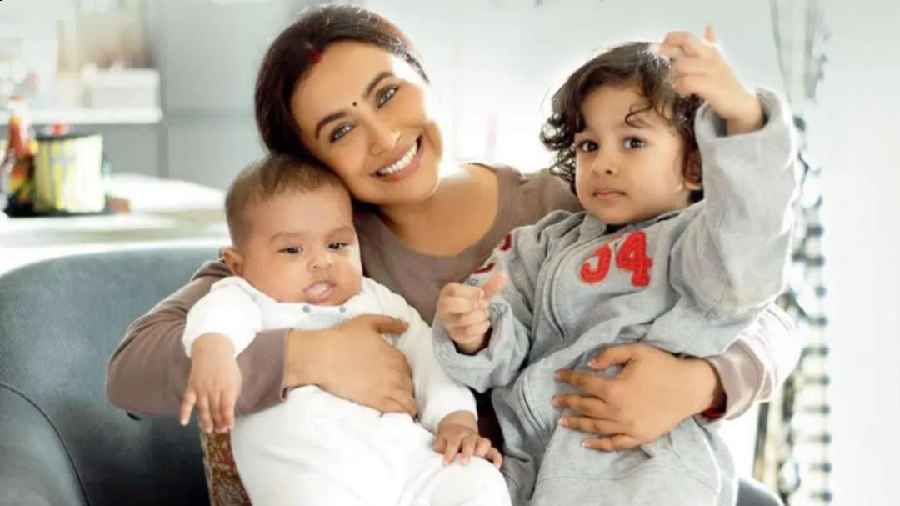Norway on Friday said the movie 'Mrs Chatterjee Vs Norway" was a "work of fiction" and incorrectly depicted the Nordic country's belief in family life.
"It incorrectly depicts Norway's belief in family life and our respect for different cultures. Child welfare is a matter of great responsibility, never motivated by payments or profit," Norwegian Ambassador Hans Frydenlund said on Twitter.
The film, starring Rani Mukherjee, depicts the story of an Indian immigrant couple whose children were put under foster care in 2012.
"Child welfare is not driven by profit. The alleged claim that 'the more children put into the foster system, the more money they make' is completely false," the Norwegian embassy said in a statement.
It said alternative care was a matter of responsibility and not a money making entity. The statement said the film was a "work of fiction, even though it is based on an actual case". "The case being referred to was resolved a decade ago in cooperation with Indian authorities and with the agreement of all parties involved," it said.
The statement said eating with hands or having children sleeping in bed with their parents were not considered practices harmful to children and were not uncommon in Norway, irrespective of cultural background.
The embassy asserted that Norway is a democratic and multicultural society.
"In Norway, we value and respect different family systems and cultural practices, also when these are different to what we are accustomed to - apart from corporal punishment in the upbringing. There is zero tolerance for violence in any shape or form," the embassy said.
It said children are placed in alternative care when they face neglect or are "subject to violence or other forms of abuse".
The statement highlighted that "such experiences" are difficult for those involved in it and that "child welfare cases are not easy" for the children, parents, and the Child Welfare Service.
Except for the headline, this story has not been edited by The Telegraph Online staff and has been published from a syndicated feed.










